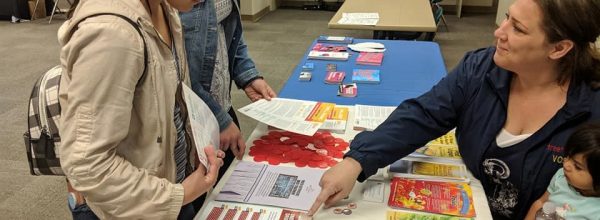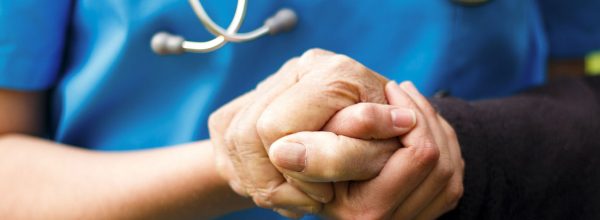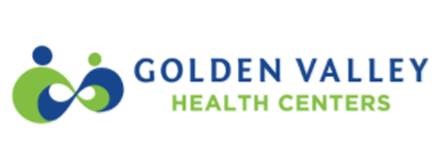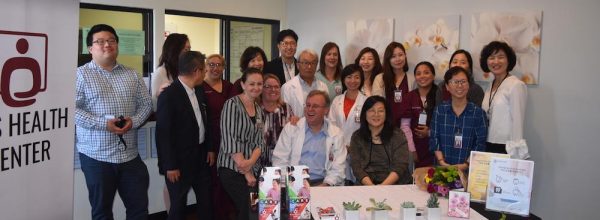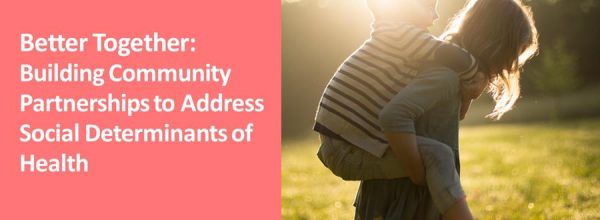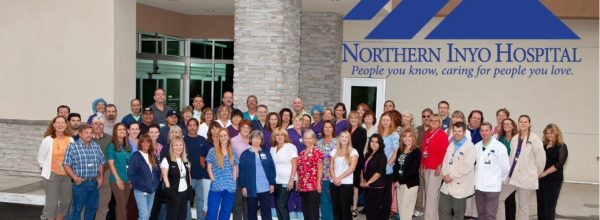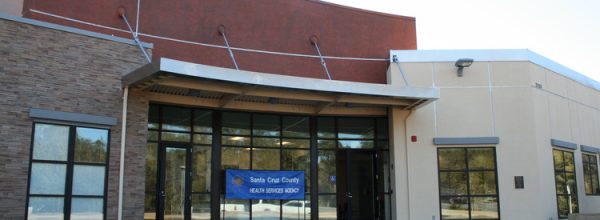We spoke with Lee Bradshaw, the substance use disorder program supervisor at Bay Area Community Health, about medications for addition treatment (MAT) during the COVID-19 pandemic. We also learn how her organization is supporting the behavioral health and social needs of its patients.
 What case management services do you provide?
What case management services do you provide?
We have a full range of case management services, including housing (which is done through a network of agencies), medical, dental, COVID-19 testing, acupuncture, chiropractic, women’s health, and transportation. Our case manager helps our patients navigate the many community-based organizations that are available.
Can you describe some of the formal and informal relationships you have with social services and community-based organizations that provide support to your MAT patients?
We have a Rehab that we share a grant with and we service their patients’ medical, dental, and optical needs. We do intensive case management for these patients and provide Suboxone and Naltrexone, if needed. When COVID-19 first started, we were in the process of formulating a memorandum of understanding (MOU) with Washington Hospital. We will resume this process, despite not having a formal MOU at this time.
What tools do you use to identify and update available community services for your MAT patients?
Alameda County puts out listing of what services are available in the area. We rely on word of mouth.
How has your case management program has changed since the COVID-19 pandemic?
Patient contact, formal and informal, is now done over the telephone. If we need to deliver food or medications to a patient, we leave the items on their porch and stay a safe distance away until the patient receives the package.
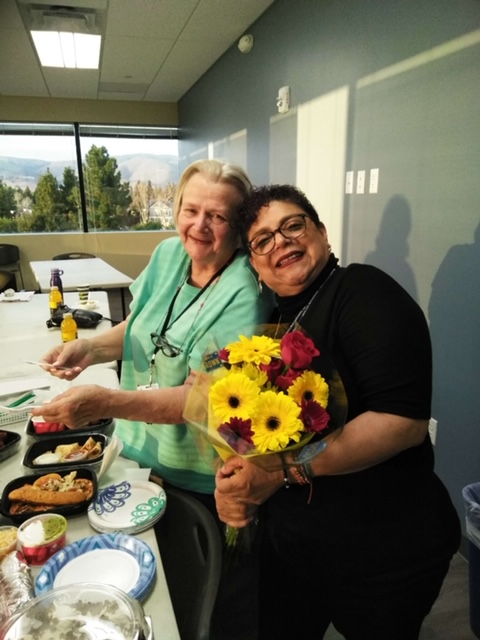
Rosa Rojas and Lee Bradshaw at a pre-coronavirus gathering.
How do you connect your patients to resources they need?
When the pandemic first started, we called every patient on Bay Area Community Health’s lists and provided instruction on how to safely care for themselves and their families during the pandemic. We also asked if they needed any food assistance. If a patient advised they needed food, we would go to the food bank and deliver the food to them. At times, our staff paid for these necessities out of their own pockets and supplemented the food bank with milk, eggs, and more. Applying for social services and food stamps is done on the computer and telephone.
Who from your care team is involved and what are their main responsibilities?
We work truly as a team. Although we have different titles and responsibilities, any one of us will do the job that is needed at that time. So, while Carla Johnson is the manager and I am the supervisor, we work alongside staff on tasks such as packing and delivering groceries. It is truly a team effort.
Tell us about your Relapse Prevention Group. In light of COVID-19, how are you offering this group virtually?
We work with intelligent, sensitive people who do not do well in early recovery by themselves. Taking this into account, we were concerned for our patient’s welfare without regular human interaction and support from like-minded people, hence our Zoom Relapse Prevention group was born.
How often do you meet? And for how long?
We meet on Mondays, Wednesdays, and Fridays at 11 a.m. Our meetings are two hours in duration.
What topics do you cover?
We started out with grief. It is our belief that substances are best friends for most of our patients and there is a grieving period that goes along with having to quit. We spent seven weeks on grief and will return to the subject when and if needed. We prepared packets for our participants with lessons on how to cope with grief and mailed them to their homes. We have since switched to discussing anxiety and this seems to be appropriate given what is going on in the world right now.
What recommendations do you have for other clinics that want to start groups virtually?
I would encourage others to be patient if you do not receive good attendance right away. Our program attendance was slow to start. We started with five regular patients and now have fifteen regular patients. Our experience has been very successful, and we hope to keep our virtual groups going when things return to normal. If I can be of any assistance, please feel free to give me a call at 401-464-1810 or email me at [email protected].
Find this useful or interesting? We’re constantly sharing stuff like this. Sign up to receive our newsletter to stay in the loop.

